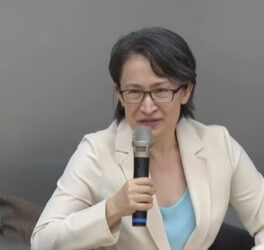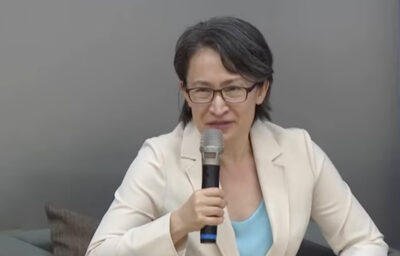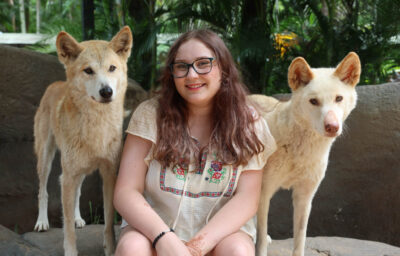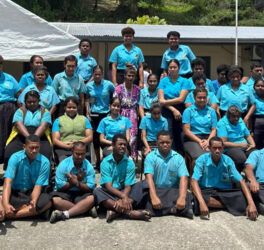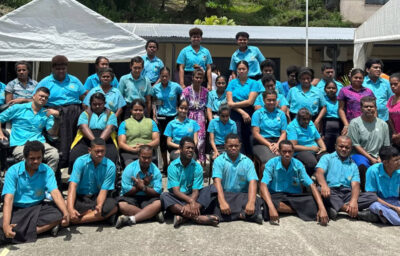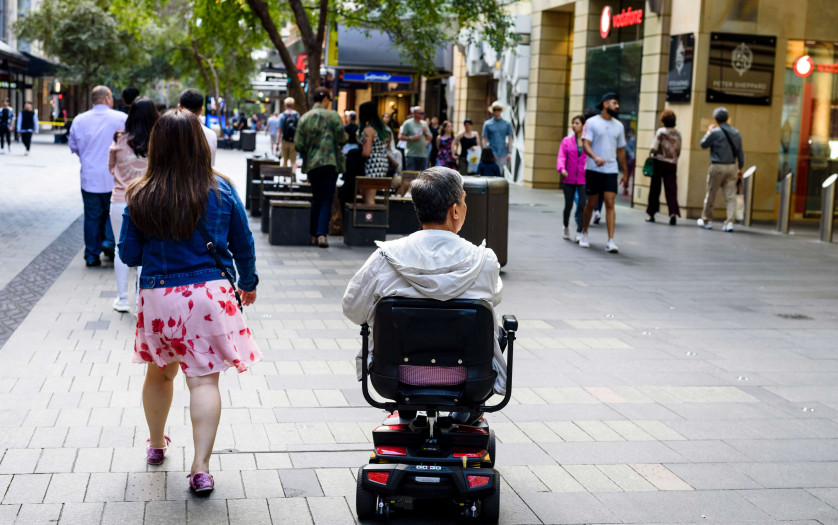
New data released has revealed the significant impact the National Disability Insurance Scheme (NDIS) is having on young Australians with disability and their families.
As part of its ongoing commitment to ensuring Scheme data is available to participants and the wider public, the National Disability Insurance Agency (NDIA) today released three data reports: Young People in the NDIS, Participants across Remoteness Classifications and The NDIS Market.
It is the first time the Young People in the NDIS and the Participants across Remoteness Classifications reports have been released. An updated report on The NDIS Market details supports being provided to participants and how the Scheme and market is performing across different service districts.
The new report on Young People in the NDIS takes an in-depth look at key data on the NDIS’s youngest participants. It reveals the world-leading reform is supporting more young people than ever before, leading to brighter outcomes for children and their families.
Among the key findings of the Young People in the NDIS report are:
- At 30 June 2020, almost $4 billion in annualised supports is committed to 159,796 young people (aged 0 to 14), with a further 8,197 receiving initial supports through the NDIS ECEI approach
- 75 per cent of 0-6 year olds have never before received disability supports
- Wait times for access decisions have significantly reduced (just 6 days for children aged 0-6 in June 2020 compared to 43 days a year earlier) while time taken for first plan approval is significantly shorter compared to others in the Scheme – meaning children are getting access to life-changing supports more quickly.
- For participants aged 0 to starting school, in their second year with the NDIS:
- 96 per cent of parents/carers said the NDIS has improved their child’s development
- 87 per cent said the NDIS has helped increase their child’s ability to communicate what they want
- 97 per cent of parents/carers said specialist services help their children gain skills for everyday life (up from 87 per cent at entry to the Scheme).
- For participants aged 0 to 14, in their second year with the NDIS:
- 77 per cent of parents/carers said the NDIS has improved their ability/capacity to help their child develop and learn
- 70 per cent of parents/carers said the NDIS has improved the level of support for their family.
- The proportion of children identifying as Aboriginal and Torres Strait Islander is higher than the Scheme average
- Increased participant satisfaction, with 89 per cent of parents/carers of young people rating their NDIS access and review process as very good or good.
The report focuses on the experience of participants according to the remoteness of the area in which they live, from major cities and regional areas to remote or very remote areas.

